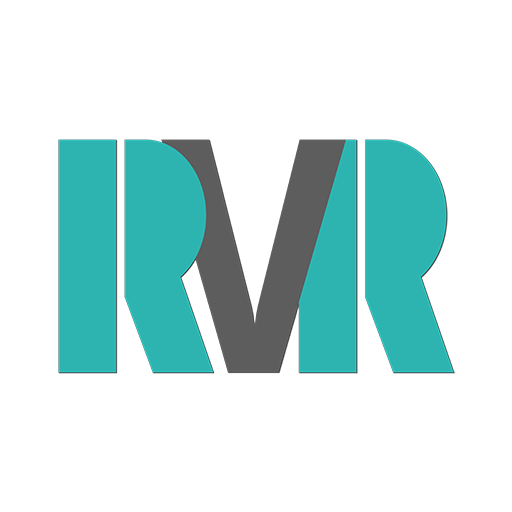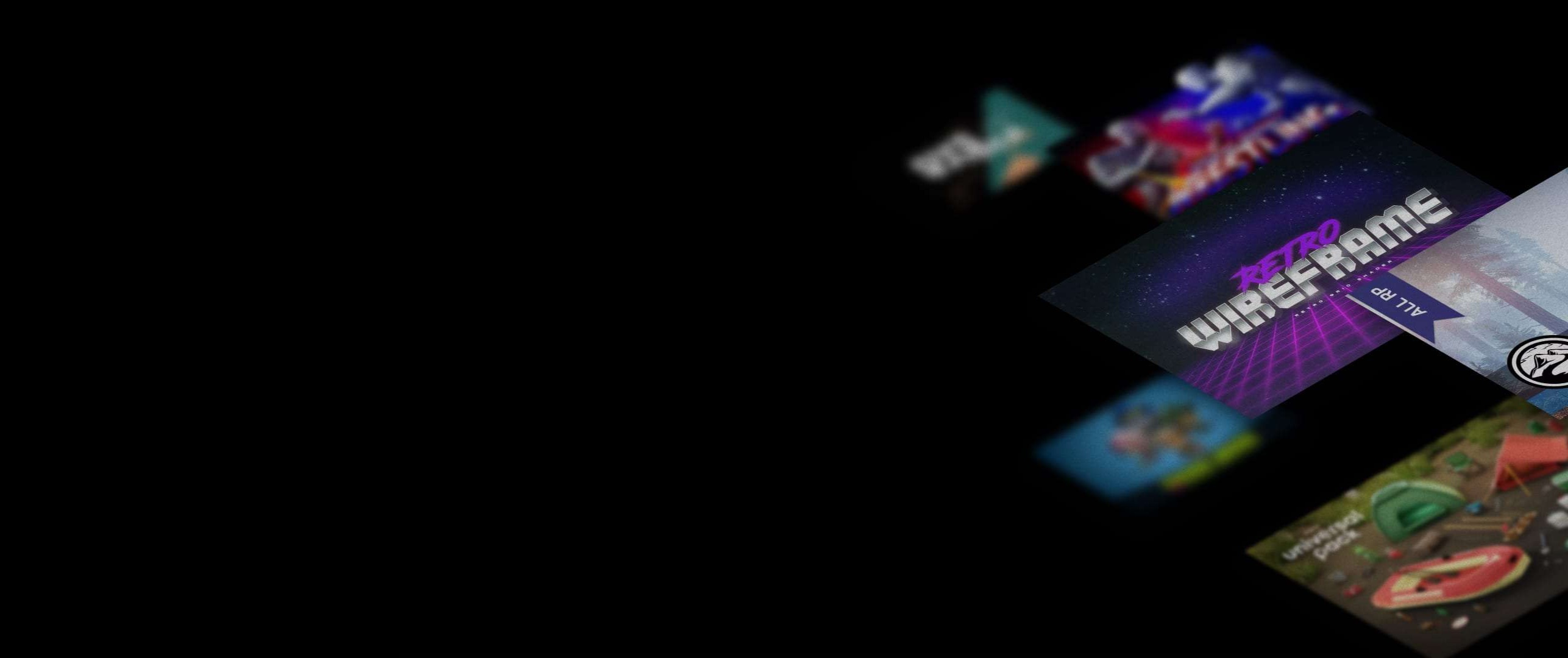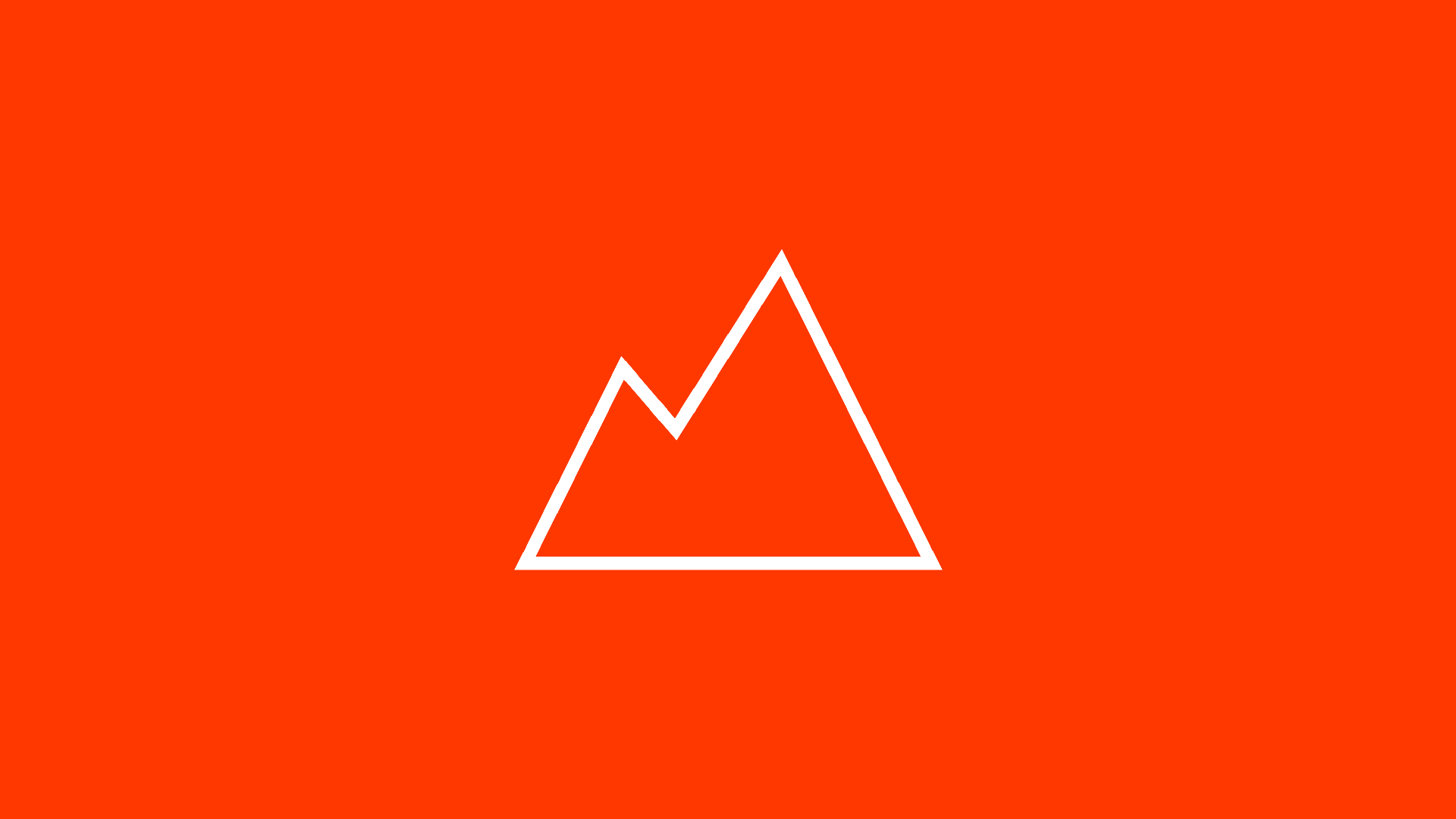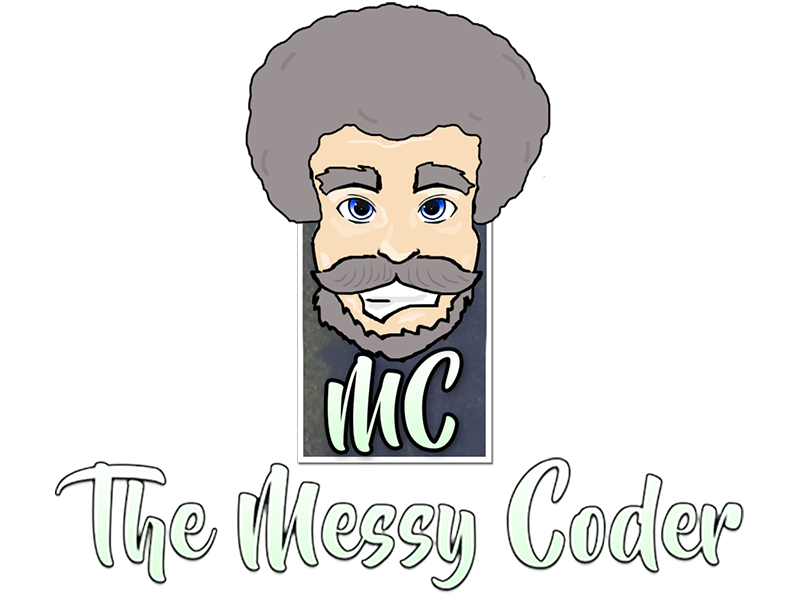
Over 13,000 top-rated assets

Community building for asset publishers
With over 12,000 publishers and over 75,000 assets on the Asset Store, making sure people see your products can be a challenge. Strong branding, an SEO-friendly description, and a high-quality product all help, but to maximize sales and revenue, community building is a must. This might seem like a daunting task, so we’ve gathered insights from three great community builders.
Meet the experts
 Kevin Penhoat, known on YouTube and the Asset Store as RvR Gaming, started with YouTube, sharing examples of how to use specific tools. His followers support him on Patreon, and connect with each other on Discord.
Kevin Penhoat, known on YouTube and the Asset Store as RvR Gaming, started with YouTube, sharing examples of how to use specific tools. His followers support him on Patreon, and connect with each other on Discord.
More Mountains
Renaud Forestié of More Mountains is a popular Asset Store publisher, producing top content like TopDown Engine and Feel. His focus is primarily on supporting Asset Store content, but his community continues to grow.
The Messy Coder
The Messy Coder can be found on YouTube, Twitch, and Twitter, producing colorful content, tutorials, interviews, and more. As an influencer, The Messy Coder has created a vibrant community of game developers.
Community for video game development
Quotes may be edited for clarity.
Online gamedev communities are ideal spaces for learning, feedback, and sharing a genuine passion for creating.
Renaud of More Mountains has built his community to support learning. “People can safely chat and learn with and from others, regardless of their background or experience level,” he explains. He learned that by building a space where users feel safe and encouraged to expand their knowledge, they could create amazing things using his tools.
Kevin of RvR Gaming says, “Feedback is the only way to grow, and you can’t do that without building a community that is involved enough to genuinely care.” As an Asset Store publisher, he has a Discord community, which he finds to be the “best and easiest way to support customers.”
One of the other valuable lessons Kevin has learned is setting realistic expectations within your community. He explains that, while people are understanding, those in your community depend on the expectations you set, and may become frustrated if timelines or other goals are missed.
Another important lesson is to deal with toxicity right away, and in private. “Don’t make this a public thing, don’t get angry or upset. It’s your community, no matter where it is. If people don’t follow the guidelines, you’re in control.”
The Messy Coder sees gamedev communities as places where people help and support each other. As a content creator and influencer, he appreciates being able to connect with people who view his content. To him, communities are “a collection of like-minded people willing to share their passion of gaming, imagination, and creation.”
Building a community from the ground up
“People need a place to engage in conversation, and you need to be there to answer,” says Kevin. This can be very time consuming at first, but as your community grows, the more experienced users will help out the newer users. This type of community volunteer work is why Discord can be such a valuable resource for Asset Store publishers.
Renaud agrees. “A Discord would definitely be the first thing I'd recommend building upon these days. YouTube is also something you can't really avoid. Lots of people will expect video tutorials and resources covering all aspects of your assets.”
For The Messy Coder, it came organically. “An asset publisher asked me to help make some tutorials to explain how to use their new asset, and my community originally grew from people viewing those and wanting to learn more. It was completely organic, and even the Discord server was started as the community asked for a place to hang out and talk.”
Producing YouTube content is time consuming, but can show your assets to new users who might not have seen them otherwise, and who may end up becoming a part of your community. Content made for general Unity users and those learning more about game development can lead to sales as users are exposed to your content.
Here’s an example of YouTube content done well from RvR Gaming:
Kevin suggests spending at least 30 minutes per day interacting with your community. “You have half an hour, everyone has half an hour.” Word of mouth on Discord is powerful, and users will spread the word about developers who engage, and those who don’t.
The Messy Coder advises that community hosts “listen, listen, listen,” and to directly ask the community what they want, what should be changed, and what they need from you. Most importantly, “Never be afraid to ask for help from your community. The best mods and admins come from members that share the same passion and desire to grow and support the community.”
More Mountains developer Renaud recommends trying a variety of social networks and platforms. “See what sticks for you, where you attract attention, and what platform you find comfortable to interact with people.”
Affiliate revenue
The Unity Affiliate Program can help increase the value of your community efforts by including links to the Asset Store using your affiliate code. At a minimum, sending traffic to your assets, something you likely already do, may result in additional revenue.
Once you have a community, and once you’re creating YouTube and other content aimed at bringing in new users, the most successful affiliates have learned to highlight popular assets, while also demonstrating their own content.
During sales and other promotions on the Asset Store, publishers can earn additional revenue even if their content is not in the promotion, since affiliates are paid for all referred sales, no matter which assets the user purchases.
The Messy Coder has used the Affiliate Program to create a “circle of life,” where revenue from his content is used to acquire new content from the Asset Store, which he then uses in his productions.
Final tips
Users aren’t as interested in constant content updates, says Kevin. “They want to be heard first. They’re ready to give up quickly unless they get support and engagement. Eventually, you’ll have people buying your stuff to support you, even if they don’t use it.”
“Interacting with so many people can be taxing,” acknowledges Renaud. His solution? “Take a break, go for a walk.”
The Messy Coder would agree. “Take breaks, and don’t let yourself get burnt out.” He also suggests working on projects for the community that inspire you.
The best time to start a community is last year. The second best time is now. Communities take time and effort to grow. Once mature, a thriving community can help drive sales, bring in additional revenue via the Affiliate Program, and can even alleviate your support costs as users help each other.
Along the way, you’ll likely discover that it can be fun and rewarding to interact with not just customers, but true fans of your work.